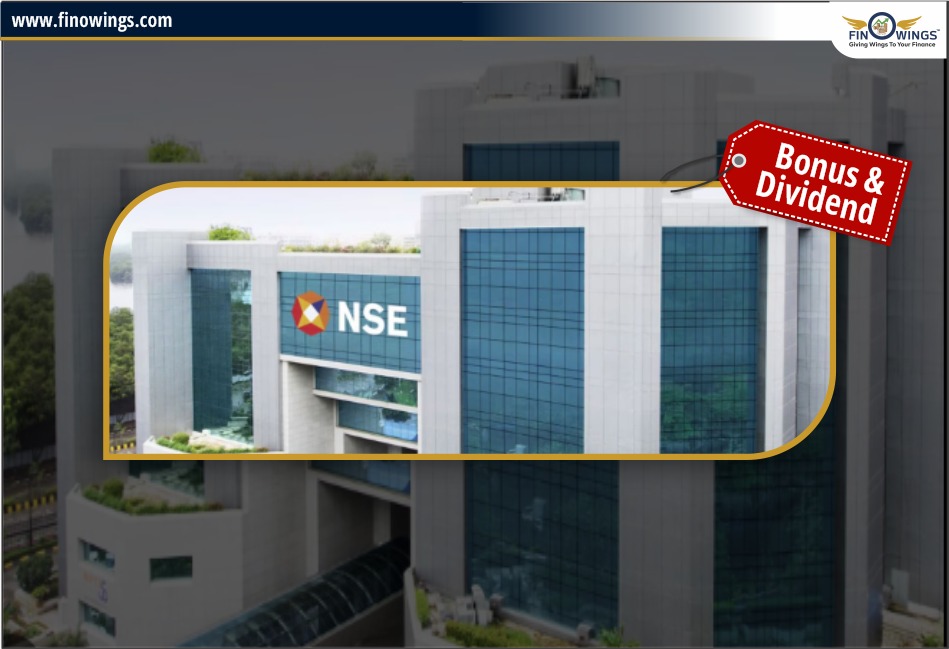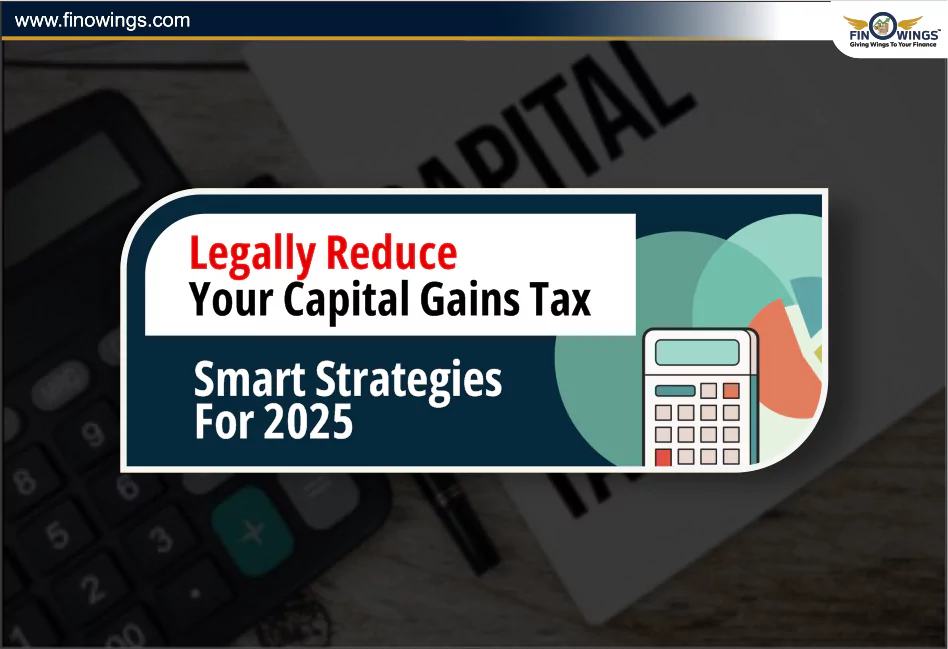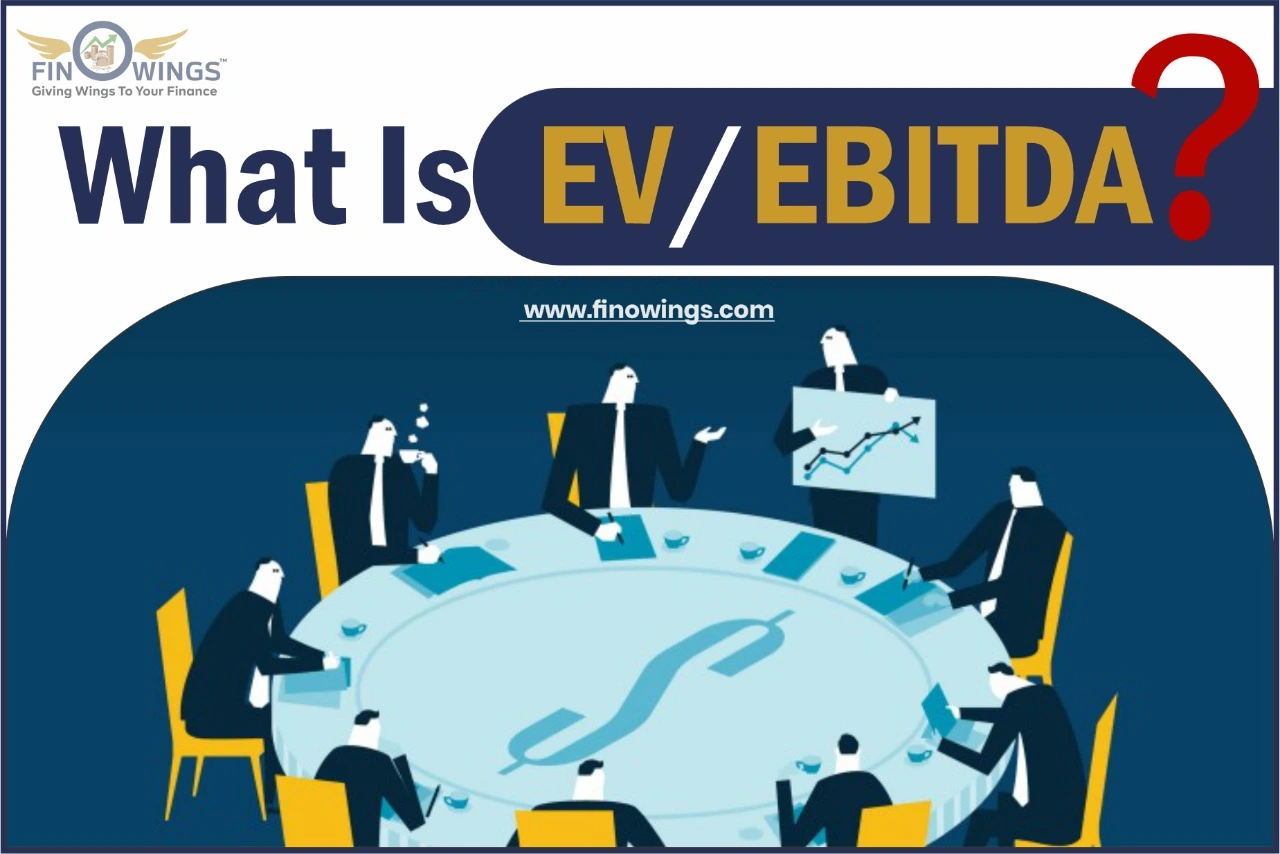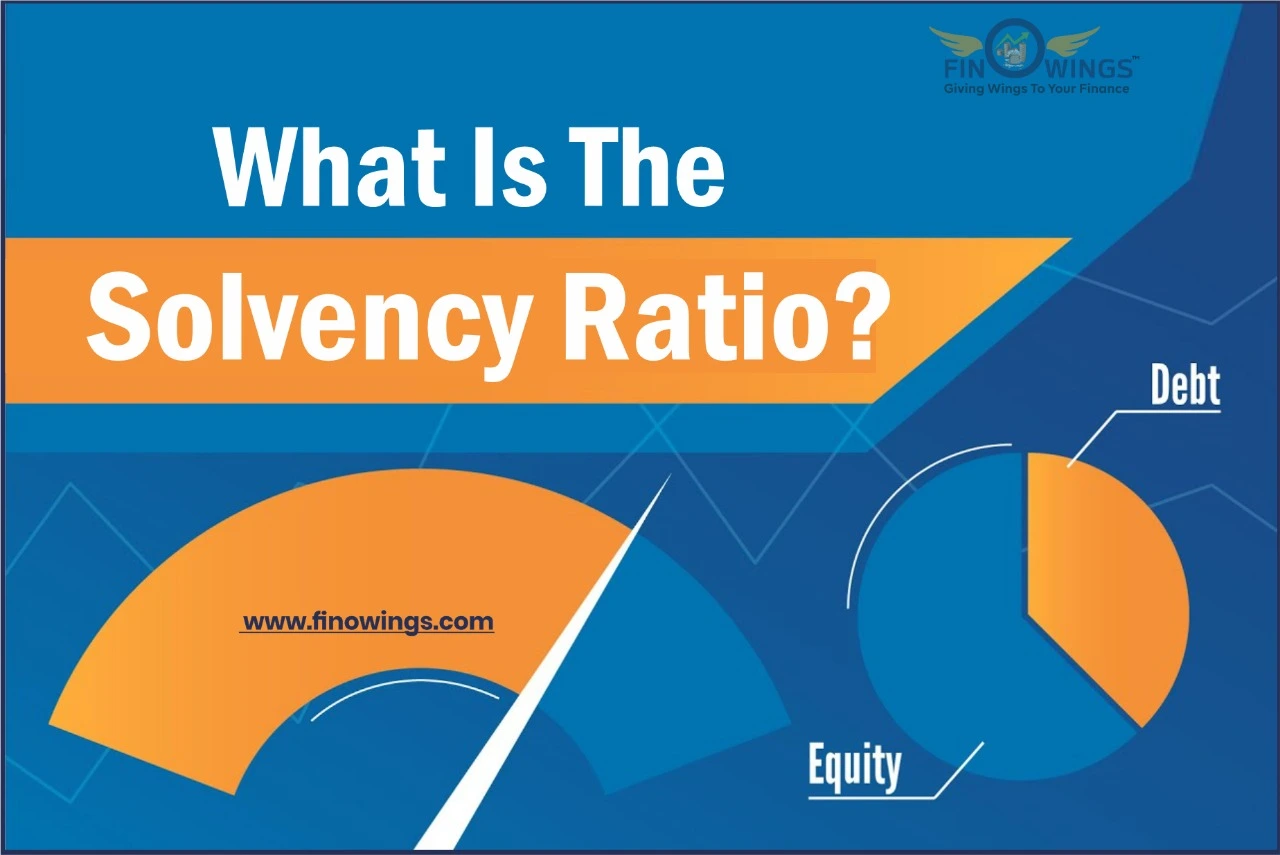Home >> Blog >> NSE Share Bonus & Dividend | How to Buy Unlisted Shares?
NSE Share Bonus & Dividend | How to Buy Unlisted Shares?

Table of Contents
Potential of Unlisted Shares: Exploring the 1 per 4 Bonus Opportunity
Navigating the Volatile Market: Understanding the Role of the India VIX
The recent market volatility has left many investors feeling uneasy. As the Nifty has seen a significant decline, the underlying reason can be traced back to the surge in the India VIX. Over the past 5-7 days, the India VIX has skyrocketed from 10 to 17, which is a rapid increase in a short period. This rapid rise in the India VIX indicates a heightened sense of fear and uncertainty in the market.
The spike in the India VIX can be attributed to the upcoming elections, where speculation around the number of seats each party may secure has been rife on social media. As the market sentiment is heavily influenced by these political factors, the India VIX is likely to continue its upward trajectory, potentially reaching levels as high as 25 or even 27-30.
Given the inverse relationship between the Nifty and the India VIX, this surge in volatility has led to a corresponding decline in the market. The Nifty has faced a breakdown from a double-top resistance level, and the 22,350 and 22,400 levels have now become key resistance zones to watch out for. On the smaller timeframe, the market has also formed a head-and-shoulders pattern, further confirming the bearish sentiment.
Navigating the Risks and Opportunities in Unlisted Shares
Amidst the market turmoil, an interesting story has emerged – a company that is not listed on the NSE has announced a 1 per 4 bonus share along with a 90% dividend. This news has piqued the interest of many investors, leaving them wondering how they can invest in this unlisted share.
Unlisted shares, also known as pre-IPO shares, private equity shares, or off-the-market shares, are traded in the over-the-counter (OTC) or "gray" market. While these investments can offer attractive opportunities, they also come with their fair share of risks and challenges.
Risks and Challenges of Investing in Unlisted Shares
· Lack of Liquidity: Buying and selling unlisted shares can be challenging due to the limited liquidity in the market.
· Performance Risk: Unlisted companies may or may not perform well, posing a significant risk of losses.
· Dilution Risk: There is a risk of dilution in the future when the company issues additional shares or preferential allotments.

Navigating the Unlisted Share Landscape
There are several ways to invest in unlisted shares:
1. Startup Investing: Investing in early-stage startups, such as Byjus, Ola, or Swiggy.
2. PMS and AIF: Investing through Portfolio Management Services (PMS) or Alternative Investment Funds (AIF).
3. Employee Stock Ownership: Acquiring shares through employee stock options or promoter holdings.
4. Pre-IPO Allotment: Participating in the pre-IPO allotment through lead managers or brokers.
5. Offline Brokers and Dealers: Connecting with offline brokers and dealers who operate in the OTC market.
6. Online Platforms: Exploring online platforms, though these can be risky.

Key Considerations Before Investing in Unlisted Shares
1. Find an authentic and reliable seller or broker.
2. Understand the business model and growth potential of the company.
3. Negotiate the price, as the OTC market lacks regulatory oversight.
4. Ensure the execution of a share purchase agreement.
5. Conduct thorough research on the company's financials and performance.

The Case of the NSE Unlisted Share
The unlisted share that has been making headlines for its 1 per 4 bonus and 90% dividend is the NSE. According to the financial information available, the NSE share currently trades at around ₹4,800 in the unlisted market, with a lot size of 100 shares.
The 52-week high for the NSE share is ₹4,800, and the 52-week low is ₹3,400. The company has depositories with CDSL and NSDL, and its key financial ratios are as follows:
· P/E Ratio: 28.2
· P/V Ratio: 9.9
· ROE: 35.06%
· Book Value: ₹484,334
These figures suggest that the NSE share is still undervalued, considering the substantial bonus and dividend it has offered. However, the key question remains: when will the NSE get listed on the exchanges?
Conclusion
The NSE has been trying to get listed for a while, but due to some litigation, the process has been delayed. As the market sentiment is heavily influenced by the NSE's listing, it will be interesting to see how the situation unfolds and how the NSE share performs once it is finally listed.
In the meantime, investors should exercise caution and thoroughly research any unlisted shares before investing, as the risks and challenges in this market can be significant. By understanding the nuances of the unlisted share landscape and making informed decisions, investors can potentially capitalize on the opportunities while mitigating the risks.
Want to start Your Journey in stock market trading and investment? Join our Stock Market Class to become beginner to expert trader! We cover everything from the basics of trading to advanced strategies for picking stocks. Plus, we're offering a special discount for women and students. Don't miss out - enroll now and kickstart your path to success in the stock market!
Open a world of Stock Market by Opening a Demat Account with your favourite Broking firm & Get a trading Strategy worth Rs.15,000!
Frequently Asked Questions
- The India VIX measures market volatility. Understanding it helps predict potential risks and opportunities for investors.
- High volatility can lead to sudden price swings, affecting the value of stocks and other investments.
- Unlisted shares are not traded on stock exchanges like NSE or BSE. They offer potential growth but come with higher risks due to limited liquidity and regulatory oversight.
- You can invest through startup funding, PMS, AIF, employee stock options, pre-IPO allotment, or via offline/online platforms.



















